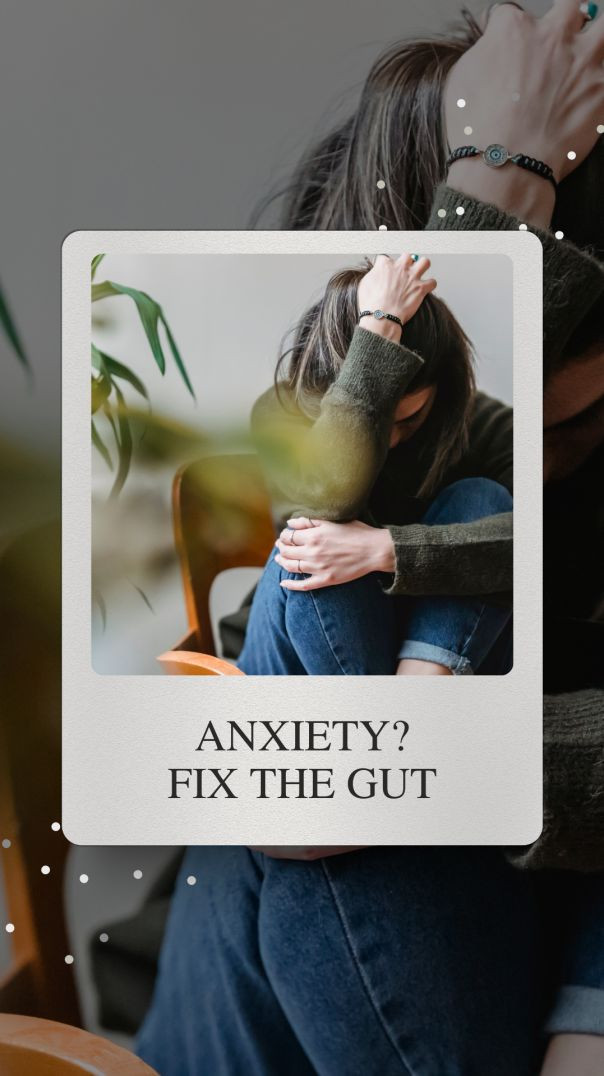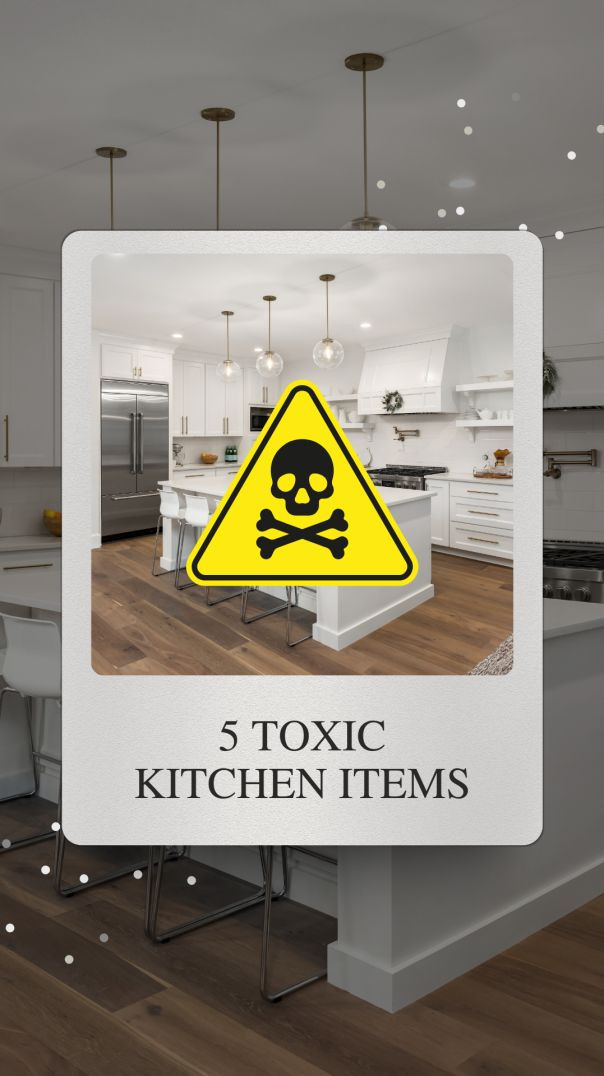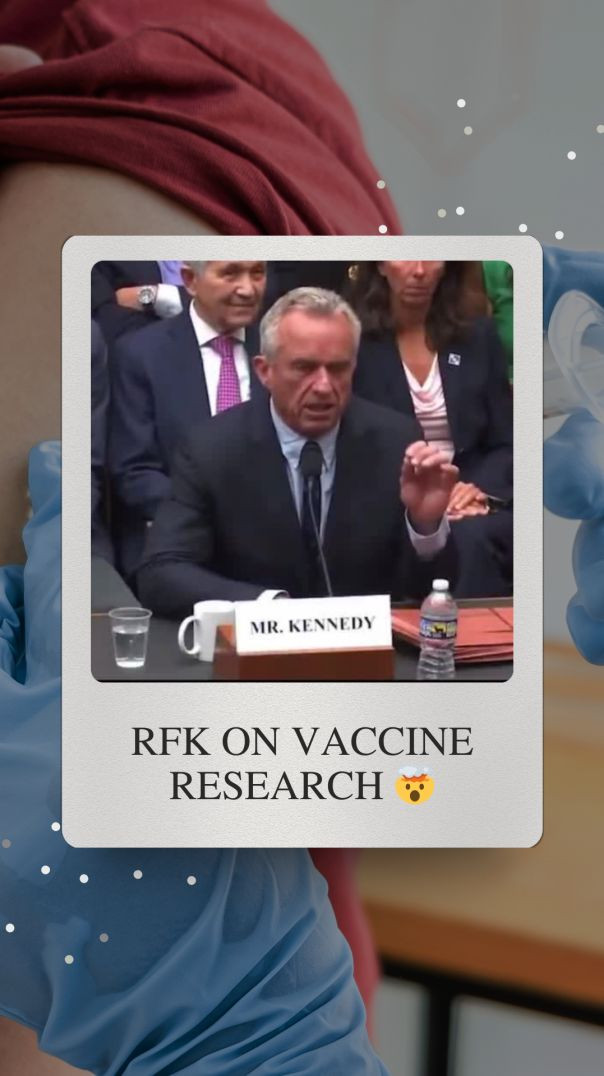Calção Crio

🧠✨ Struggling with anxiety? It might not just be in your head—it could be in your gut! Here’s how changing your diet and lifestyle can make a BIG difference.
🌱 Gut-Brain Connection: Did you know that a lack of GABA, the amino acid that helps keep you calm, might contribute to anxiety? And the gut plays a huge role in producing and regulating it. An imbalanced gut can mess with the signals going up your vagus nerve, which affects serotonin—aka the “happy chemical”—fueling anxious feelings.
🥕 The Power of Real Food: Start by eating raw, organic, whole foods. Think fresh veggies, fruits, nuts, and seeds. These one-ingredient wonders can help get your gut back on track!
🌿 Supplements to Support: Try a clean GABA supplement for your brain and add Ashwagandha—a natural herb known to help manage stress.
Anxiety isn’t just mental; supporting your gut health could be the game-changer you’re looking for. Follow for more on holistic health and healing! 💚 #guthealth #anxietyrelief #holistichealing

Here are the five most toxic items in your kitchen you may want to rethink!
1️⃣ Nonstick Pans – They might make cooking a breeze, but did you know nonstick pans often contain PFAS chemicals? These "forever chemicals" don’t break down, can seep into your food, and have been linked to serious health issues over time. If you cook regularly with nonstick, consider healthier alternatives like cast iron or stainless steel.
2️⃣ Keurig Machines – That quick cup of coffee could come with a side of microplastics! Many Keurig and single-serve coffee machines use plastic components, meaning hot water passes through plastic before reaching your cup. This process can release microplastics directly into your drink. A French press or stainless-steel pour-over is a much cleaner way to enjoy your coffee!
3️⃣ Air Fryers – While they’re super popular for “healthier” frying, most air fryers use nonstick Teflon coatings that release toxins when heated. The compounds in these coatings, called PFCs, can end up in your food and the air you breathe, potentially impacting your liver, thyroid, and even increasing cancer risk. Safer options? Look for ceramic or stainless-steel alternatives to keep those unwanted chemicals out of your meals.
4️⃣ Tap Water – Surprising but true: standard Brita filters don’t catch many of the harmful contaminants in tap water. A high-quality filter is essential for safe water at home! Reverse Osmosis is the gold standard for home purification—it removes nearly everything (yes, even the minerals). For minerals, just add a liquid supplement to your cup. If you want a deep dive on this, let us know in the comments!
5️⃣ Plastic Cutting Boards – Every slice on a plastic cutting board means a bit of plastic can end up in your food. Over time, this can add up to the equivalent of ingesting about 12 credit cards’ worth of plastic each year. Opt for wooden or bamboo cutting boards for a safer, eco-friendly alternative!
🌱 Making small changes in your kitchen can have a big impact on your long-term health! Swap these toxic items for safer options, and don’t forget to follow us for more tips on creating a healthier home.
#holistichealing #maha #connersclinic #drkevinconners #alternativecancertreatment #holistichealth #healthyhome #airfryer #pfas #toxichome #microplasticsinmybloodbrainbarrier #microplastics #cleanwater #waterfilter

Did you know that vaccines, unlike most other medications, don’t always undergo the same rigorous safety testing before being recommended for use? Over 72 vaccine doses are effectively required for American children, yet there’s no record of placebo-controlled, pre-licensing safety trials for any of them.
After years of research, lawsuits, and even a confrontation with top health officials, the truth is out: we still haven’t found a single trial that meets these criteria.
This isn’t about being anti-vaccine—it’s about demanding transparency and solid science. If we hold medications to high safety standards, why wouldn’t we do the same for vaccines?
Honest science is essential for public trust. Let’s have a real conversation about accountability in health policies. What are your thoughts?

